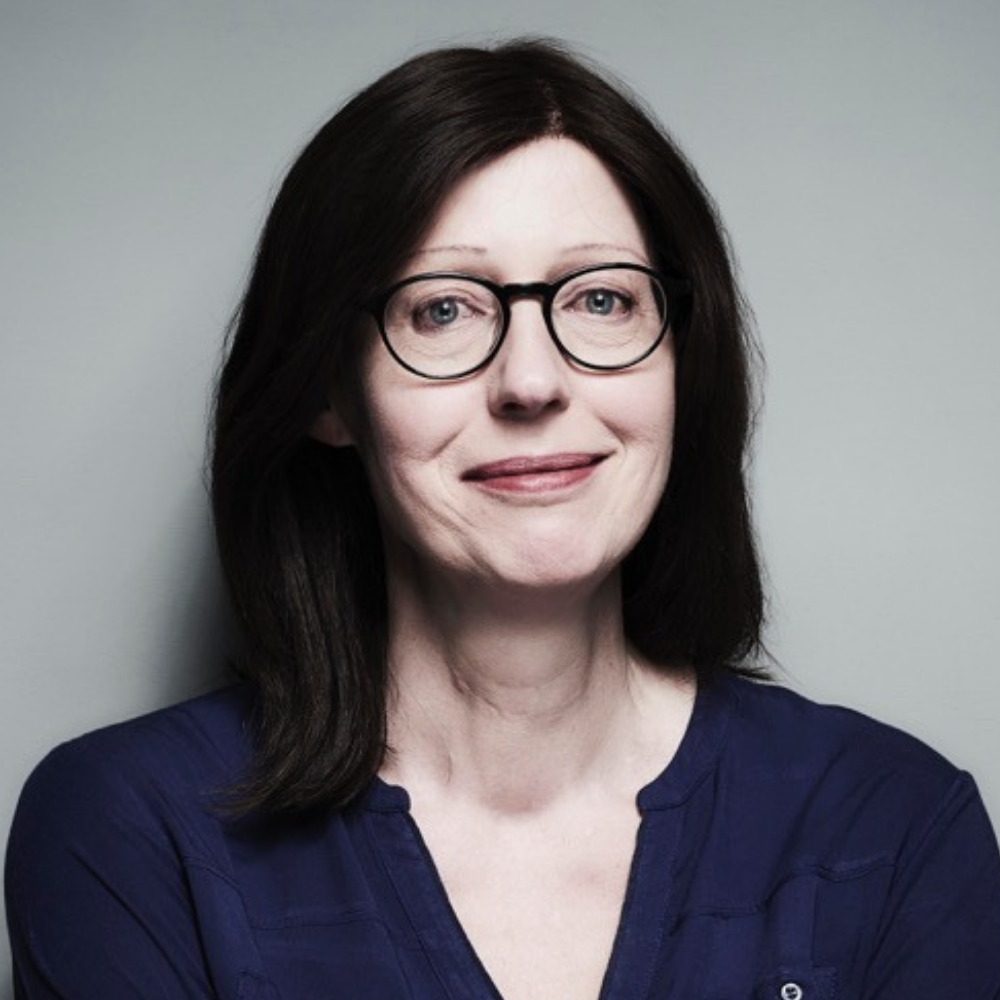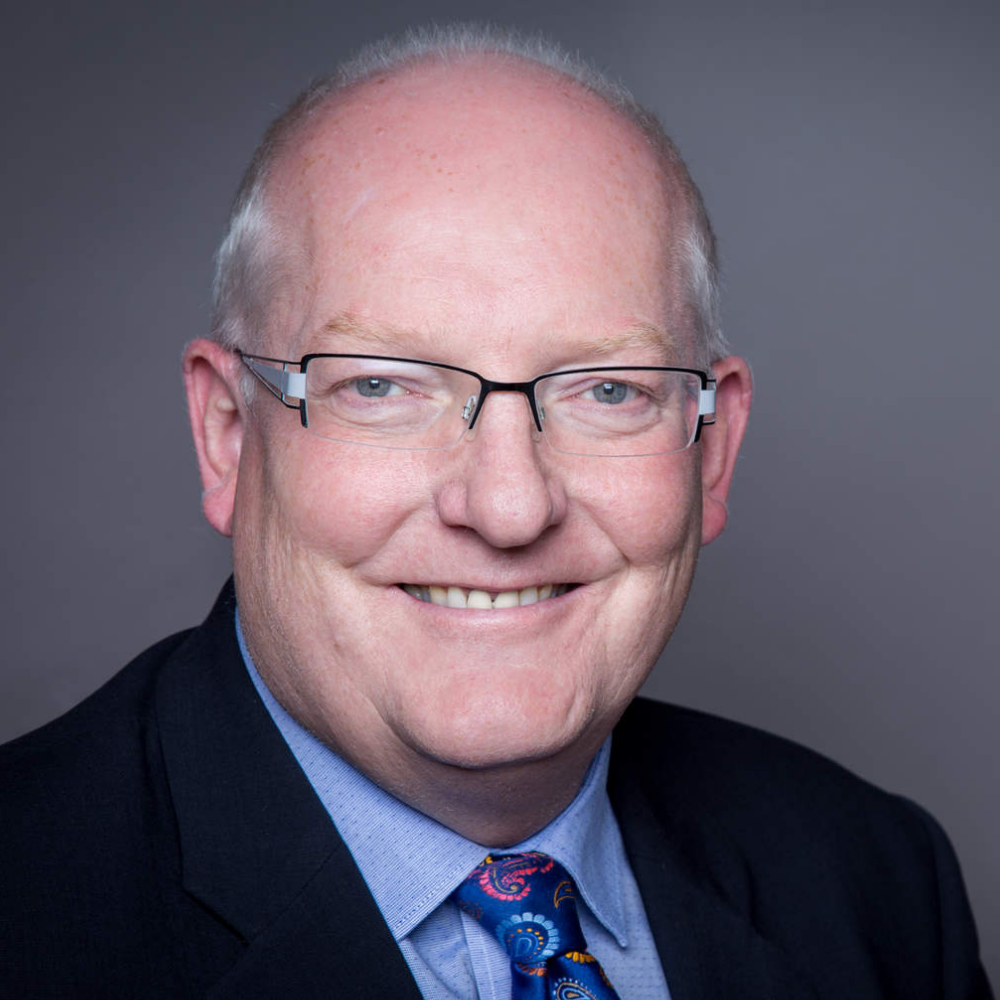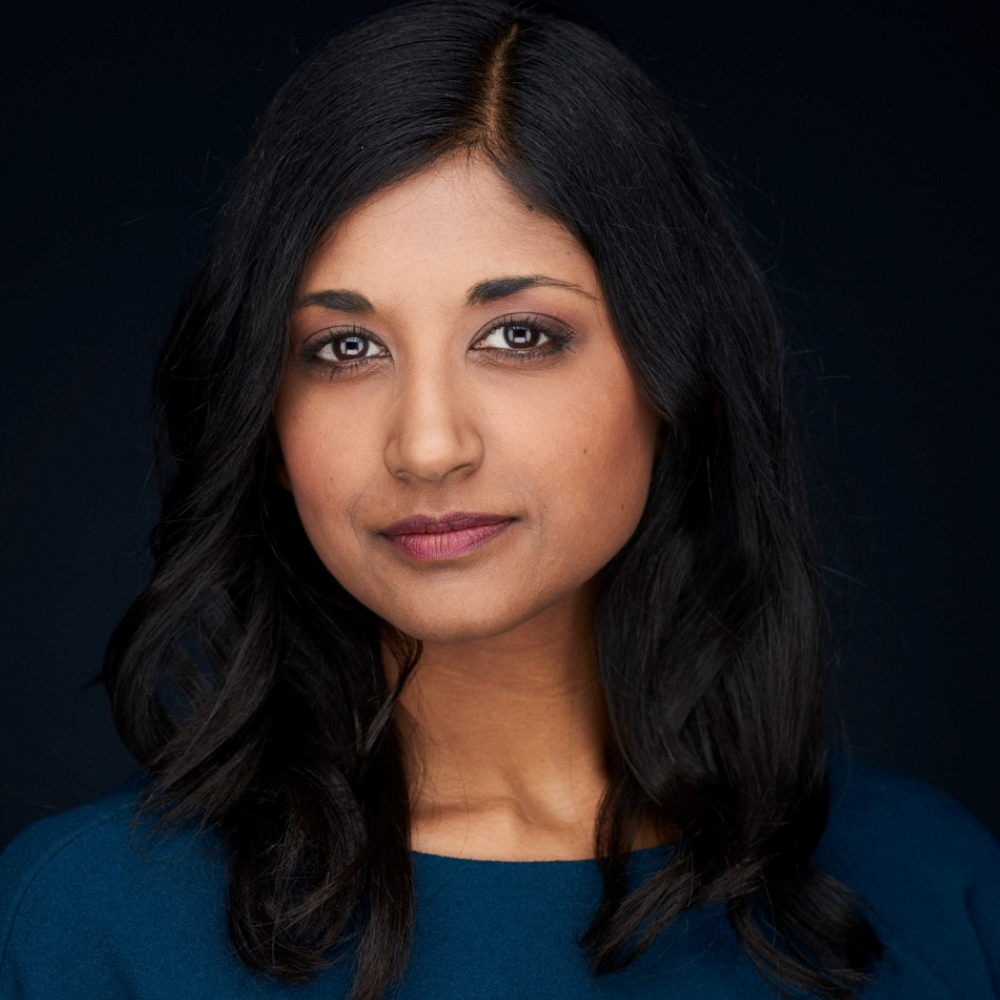Even beyond the much-analyzed poor areas in rural Appalachia, there continues to be a significant share of the US population that is alienated from modern American society, Werz said. Upwards of 30% of the electorate did not view the current government as legitimate. That amounts to “a unilateral foreclosure of the social contract”, Werz argued.
“We are still in a democracy crisis”, concurred Mũthoni Wambu Kraal, National Political and Organizing Director at the Democratic National Committee. She emphasized how the Democratic Party had successfully laid the groundwork for fighting against Trumpian politics. The party had adapted profoundly thanks to successful organizing, she said. “When you wonder what opens up to populism, look no further than a stagnant party that has made no room for new voices.” The least progressive thing for a party to do was to stay the same as in the 1980s, she added.
“You cannot implement the progressive agenda unless you have the buy-in from the depth of the country” – Cathryn Clüver Ashbrook
Cathryn Clüver Ashbrook, Executive Director of the “Future of Diplomacy Project” at the Harvard Kennedy School and the incoming director of the German Council on Foreign Relations (DGAP), was surprised by how well Biden has used the crisis moment to advance his agenda. She emphasized in particular his engagement of lower levels of government: “He has spoken to America’s mayors no fewer than nine times since he came into office – because he knows full well that you cannot implement the progressive agenda unless you have the buy-in from the depth of the country”.







